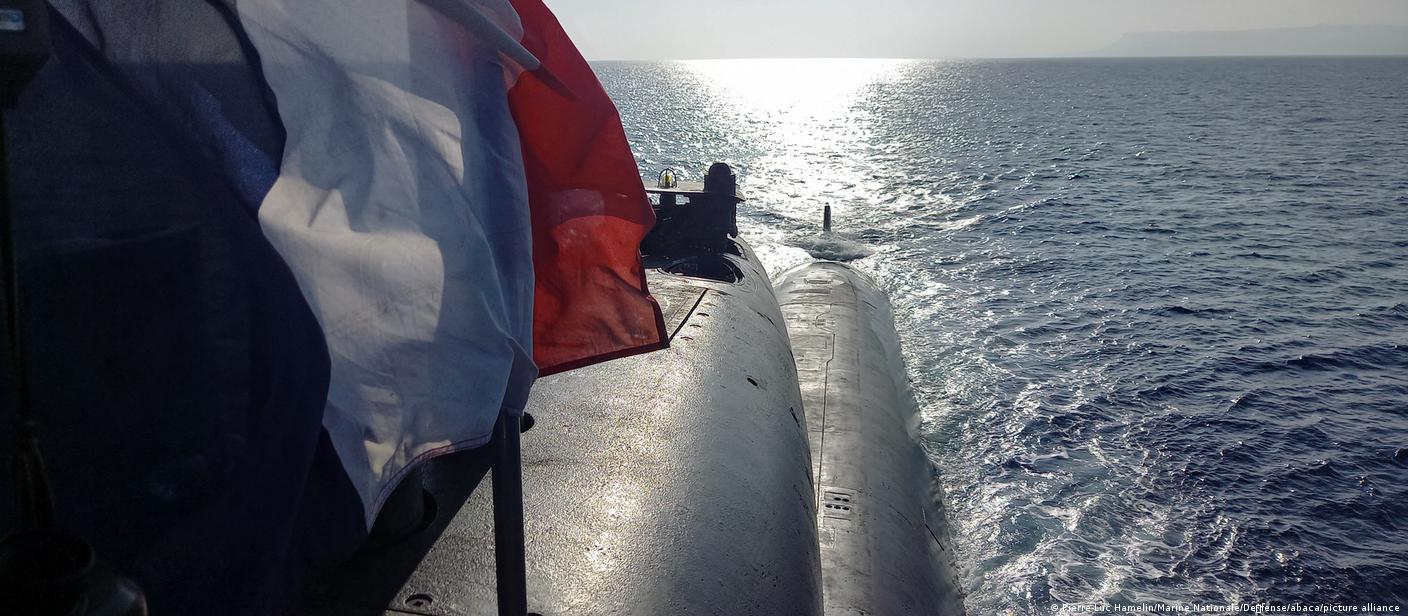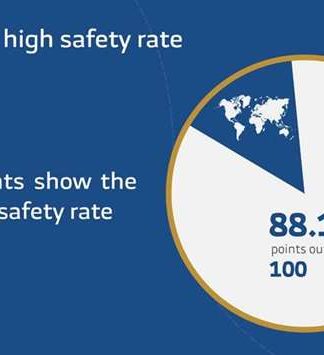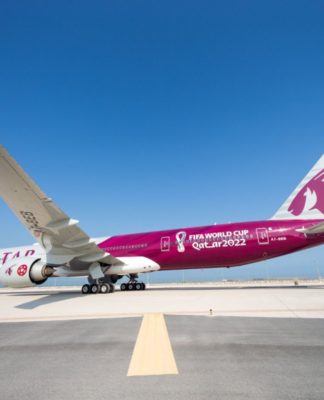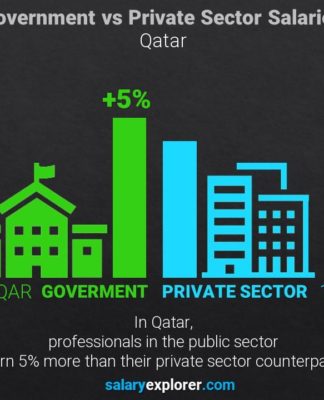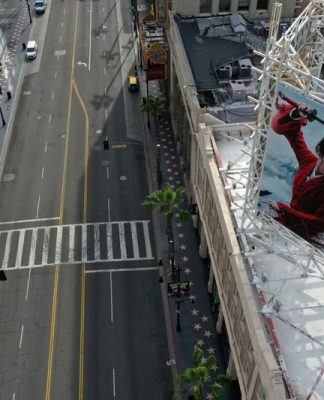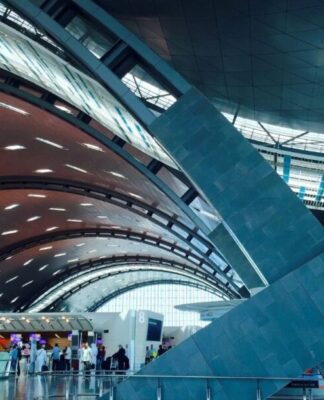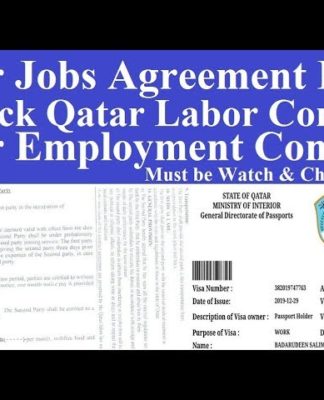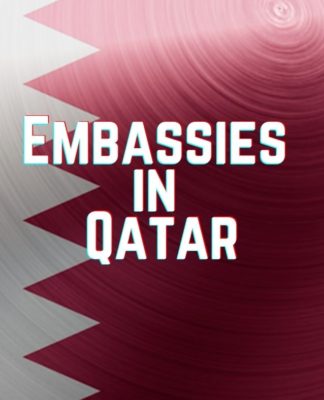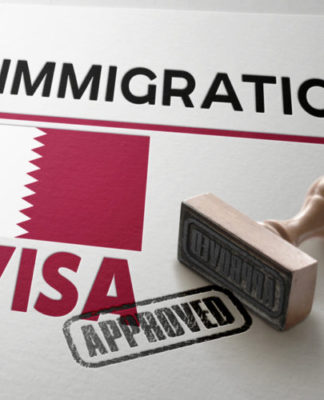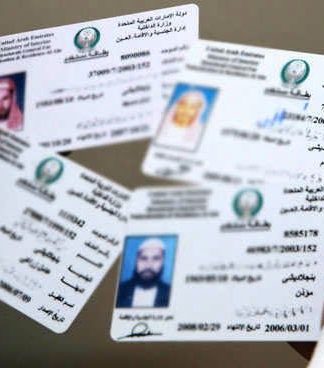POLITICSASIA
EU seeks its own response to China’s aggression in Asia
David Hutt
9 hours ago9 hours ago
The EU is under pressure from the US to take a tougher stance on China’s strategic expansion in Southeast Asia. However, European leaders say they want to avoid being seen as an extension of Washington.
https://p.dw.com/p/4Ps8m
As Southeast Asia becomes an ever-increasing region of importance to EU foreign policy, questions have been raised as to how strongly European leaders should voice their concerns about China’s military expansion in the region.
Several European militaries have conducted freedom-of-navigation exercises in the South China Sea, a hotspot of potential conflict, as China contests ownership of numerous islands and maritime territory with a handful of Southeast Asian countries, most dangerously with Vietnam and the Philippines.
Last month, the EU special envoy to the Indo-Pacific region, Richard Tibbels, said the EU is eager to boost joint security operations and information sharing with partners in the region.
However, the EU and European governments have been mostly silent when it comes to concerns expressed explicitly by the US and Australia that China may have arranged secret deals to use military bases of its Southeast Asian friends.
China expanding military presence in Southeast Asia?
Since 2018, successive US administrations have raised fears that Cambodia, as a ally of Beijing, could have signed an agreement to allow the Chinese military to use Cambodia’s Ream naval base, a site where China is funding a major redevelopment.
Phnom Penh and Beijing both strenuously deny this. However, analysts reckon the pace of development at the naval base, as well as the complexity of the new infrastructure, suggests it could be designed for use by China.
Because of the base’s location in the Gulf of Thailand, any Chinese precedence would significantly escalate security concerns for Vietnam.
The Pentagon’s latest report on China’s military and security developments, released last November, stated that “[China’s] military facility at Ream Naval Base in Cambodia will be the first [Chinese] overseas base in the Indo-Pacific.”
Last June, Australian Prime Minister Anthony Albanese said the reports about Chinese activity at the Ream Naval Base were “concerning.”
There have also been accusations in recent weeks that China might gain access to a military base on Myanmar’s Great Coco, an island in the Bay of Bengal between India and Myanmar.
Emmanuel Macron, Xi Jinping and Ursula von der Leyen recently met in BeijingEmmanuel Macron, Xi Jinping and Ursula von der Leyen recently met in Beijing
Emmanuel Macron, Xi Jinping and Ursula von der Leyen recently met in BeijingImage: Ludovic Marin/Pool AFP/AP/dpa/picture alliance
Indian officials reportedly raised the issue last week in meetings from representatives of the military junta that took power in Myanmar after a coup in early 2021 and who now appear to be aligning closer with Beijing.
EU says Southeast Asian partners at risk
Rene Repasi, an MEP and vice-chair of the European Parliament’s China delegation, reckons that the EU should be concerned that more of a military presence of China in Southeast Asia, which “will lead to a rise in the risk of a military confrontation.”
“The EU could be more public in its statements about the Ream Naval Base by requesting from Cambodia transparency about the project and about the Chinese involvement in it, as well as a commitment of keeping the naval base open to all nations,” Repasi told DW.
This comes amid a reassessment from the EU about its relationship with Beijing. Days before heading off to the Chinese capital last week, Ursula von der Leyen, the European Commission president, stressed that “China itself has also taken a more assertive stance in its own neighborhood.”
“The show of military force in the South China Sea and East China Sea, and at the border with India, directly affect our partners and their legitimate interests,” she added during a speech to the Mercator Institute for China Studies and the European Policy Centre on March 30.
“Any weakening of regional stability in Asia, the fastest-growing region in the world, affects global security, the free flow of trade and our own interests in the region.”
“Stability in the Taiwan Strait is of paramount importance,” von der Leyen said at a press conference after her meeting with China’s leader Xi Jinping last weekend.
“Nobody should unilaterally change the status quo by force in this region. The threat [of] the use of force to change the status quo is unacceptable.”
Xi gave his own reply hours later: “If anyone counts on China to make concessions … over Taiwan, that’s an illusion.”
A European Commission spokesperson did not respond to DW’s request for comment.
On the one hand, the EU is under pressure from the US and other allies to take a far tougher stance on China’s overseas actions, especially as the US-China rivalry appears to escalate by the month.
Taking a proactive stance against Chinese military expansion could also win the EU more support from some Southeast Asian capitals.
The EU is by far the most preferred “third party” for Southeast Asians to hedge against the uncertainties of the US-China strategic rivalry, according to the latest State of Southeast Asia report, a survey of elite opinion published annually by the ISEAS-Yusof Ishak Institute in Singapore.
China simulates ‘sealing off’ Taiwan on third day of drills
02:12
Of the 50% of Southeast Asian “elites” who trusted the EU, around two-fifths said it was because the EU’s “military power is an asset for global peace and security,” the survey found.
Of those who didn’t trust the EU, however, a third said it was because “the EU does not have the capacity or political will for global leadership.”
On the other hand, Washington’s barracking of Cambodia over the Ream Naval Base allegations have soured bilateral relations, and most Southeast Asian governments are averse to Western leaders seemingly lecturing them on what the region’s security concerns should be.
Speaking at the EU-ASEAN commemorative summit held in Brussels last December, Indonesian President Joko Widodo said, “There must be no imposition of views … There must not be one who dictates over the other and thinks that my standard is better than yours.”
Reinhard Bütikofer, an MEP and chair of the European Parliament’s delegation on relations with China, said he would be “reluctant to advise anything that could be seen as self-serving long distance preaching from Europe.”
“Where Europeans can team up with ASEAN partners enhancing security, that should be done according to the 2018 Council conclusions, but with little fanfare,” Bütikofer added, referring to the European Council’s calls for “tailor-made cooperation” to boost the EU’s security footprint in Asia
A more forceful comment came from French President Emmanuel Macron last weekend after he returned from a visit to Beijing. The “great risk” Europe faces is if it “gets caught up in crises that are not ours, which prevents it from building its strategic autonomy,” he told newsmagazine Politico in an interview.
“The paradox would be that, overcome with panic, we believe we are just America’s followers,” he added. “The worse thing would be to think that we Europeans must become followers on this topic and take our cue from the US agenda and a Chinese overreaction,” he said.
Edited by: Wesley Rahn














